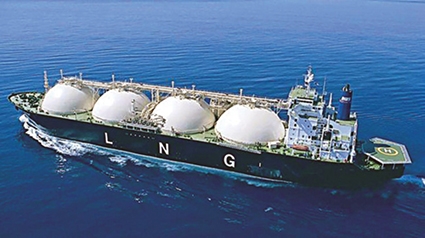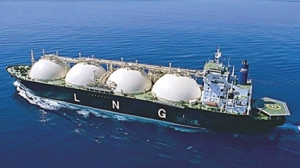Russia Increases Supply of LNG to Japan
In February, the second meeting of the Russian-Japanese high-level working group was held in Tokyo. The meeting was headed by the Minister of Economic Development Maxim Oreshkin, the head of the Ministry of Energy, Alexander Novak, and the Minister of Economy, Trade and Industry of Japan, Hiroshige Seko.
During the meeting, the sides discussed issues of bilateral cooperation in such areas as medicine, energy, urban environment, industry, as well as interaction in the digital economy. The practice of such meetings was introduced a year ago.
A plan of bilateral cooperation of eight points was proposed by Japanese Prime Minister Shinzo Abe during his visit to Russia in May 2016. In December of the same year, during the visit of Russian President Vladimir Putin to Japan, about 80 documents on bilateral cooperation were signed, and 20 more documents were signed during the return visit of Shinzo Abe to Moscow last year.
As part of the meeting of the working group, the head of the Russian Energy Ministry noted that “by the end of 2017, we supplied 7.6 million tons of liquefied natural gas (LNG) to Japan, recording growth in this indicator.” The total export of LNG from Russia to the countries of the Asia-Pacific region last year increased by 5.3% to 15.48 billion cubic meters.
It is also worth noting that Gazprom and Mitsui & Co, partners in the LNG project Sakhalin-2, have begun to expand their cooperation in the transportation and marketing of liquefied gas. Within the framework of the WEF-2017 (the World Economic Forum, committed to improving the state of the world through public-private cooperation), the Head of the Russian holding Alexey Miller and Chairman of the Board of Directors of the Japanese corporation Masami Iijima signed an appropriate framework agreement.
The document provides for the cooperation of the companies in the sale and delivery of LNG cargo of medium and small tonnage, as well as in the issue of LNG bunkering in the Sea of Japan. This agreement is at the interaction stage between companies following the signing last year of an agreement on strategic cooperation in the same areas, including also the expansion of the Sakhalin-2 project.
Dimitri Dolaberidze











